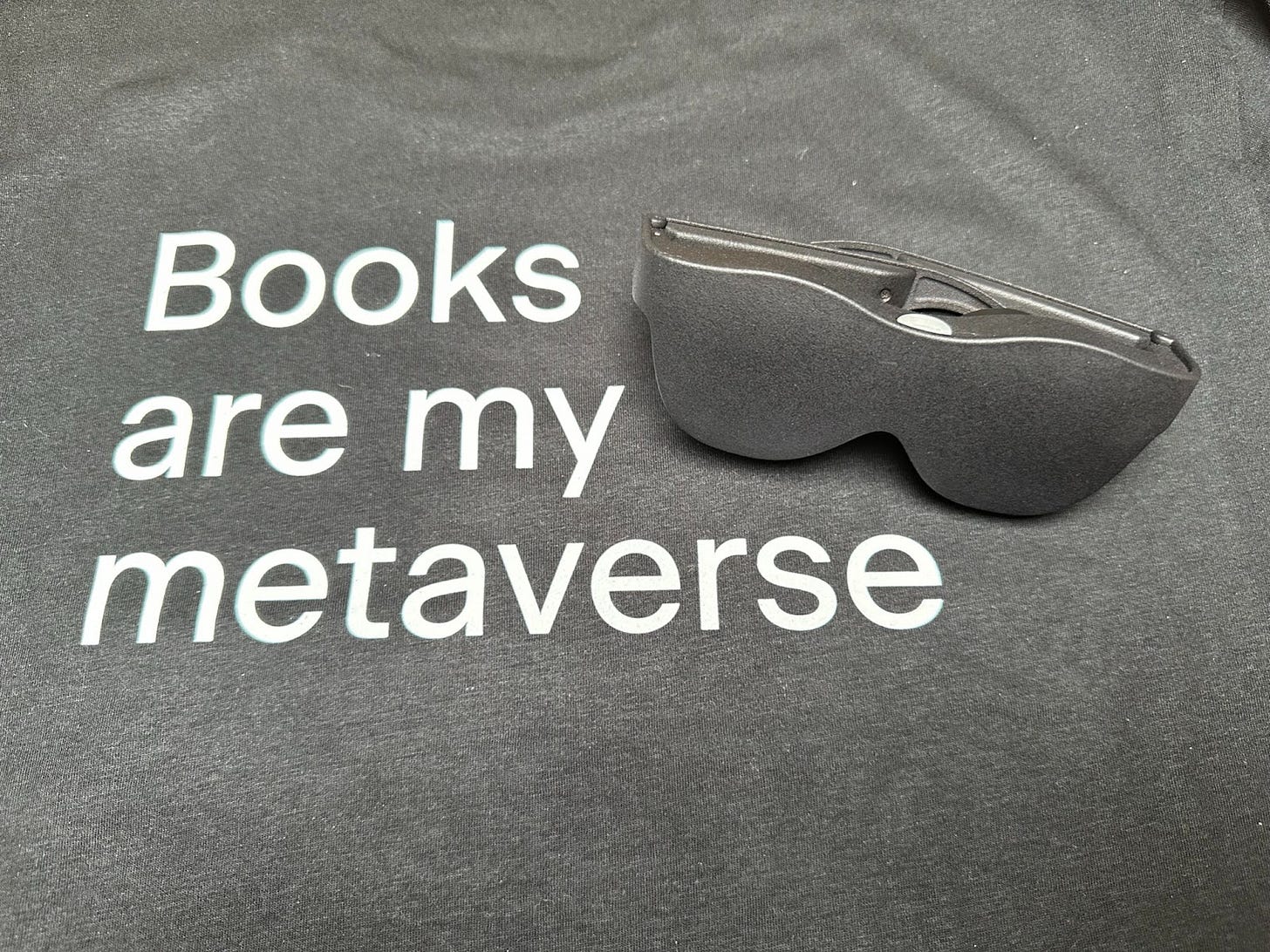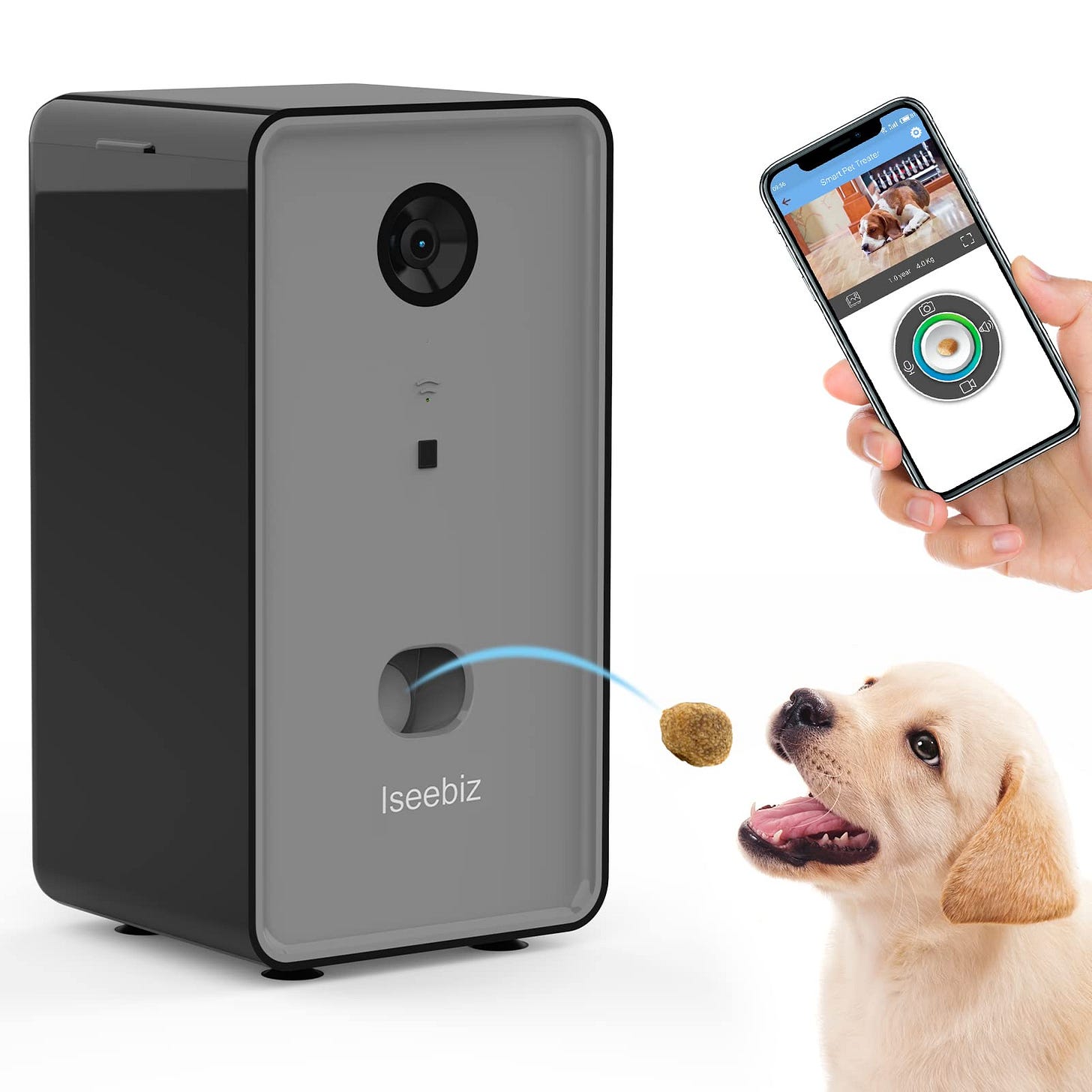Why Books Are My Metaverse: Part III
Because I Want Jetsons Tech
This is a multi-part series that shares my experience in building the Sol Reader. We went to CES and one of the shirts that I wore said “Books Are My Metaverse.”
This phrase means a lot more than the simple pun of building a smart-glasses product focused on reading. In a few short missives, I tease this out. We’ll dive into “why” behind the Sol Reader – a new wearable e-reader – we touch on the state of AR/VR/MR, The Jetsons, smartphones and what they do to our brains, the joy of reading, and more!
Are Books your Metaverse, too? Join our waitlist or shoot me a note at ben@solreader.com.
In comparison to what we dreamed would be the future of technology 50+ years ago, the technology of today is a much different reality. Much has been written and discussed about this, perhaps most famously within the tech community by Founders Fund (full disclosure: investor in my company, Sol) with the quip: “We were promised flying cars, and we got 140 characters” — a statement that is particularly ironic now given who runs Tesla, SpaceX, and Twitter.
Remember The Jetsons? It debuted in 1962 during the height of the Space Race, and Americans eagerly tuned in with the show that became synonymous with “the future.” As problematic as some of the stereotypes of that show are to our modern sensibilities, there was a vision of the future presented in that show that was enjoyable to imagine. Rosie the Robot Maid, flying cars, the computer that made coffee exactly right, 3D printed food, the list goes on and on. What’s the common thread? Devices built to do fewer things each, but each thing perfectly.
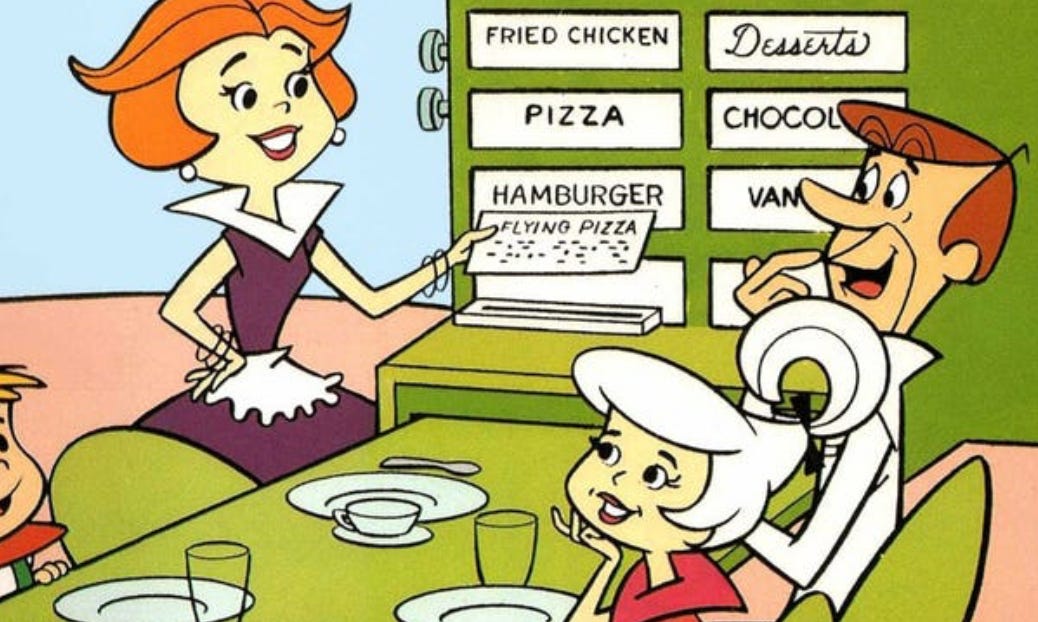
We reminisce about The Jetsons as the show that introduced the smart home future. It’s now 2023, and the smart home system I’m living with drives me nuts. My smartphone-controlled suite of home devices that allows me to control the lights, turn on my TV, play music on a stereo, and remotely set my house alarm is the exact opposite of The Jetsons future. Why? Because the smartphone is a multi-purpose device trying to do lots of things, all of which it does a mediocre job of at best. For all of the convenience a super-computer in my pocket affords (I’m not debating the value of easily hailing a ride or delivering food to my door – it’s remarkable), I can’t help but feel like we’re sacrificing a lot in the process. And I’m not talking about the impact on our attention spans (that’s a topic for another day!); I’m talking about the simple fact that because it can do everything just okay, there are very few things it does with excellence.
The centralization of computers to a single smart device makes sense in the evolution of technology over the last 50 years. Chips and combinations of chips on boards were expensive and complicated to design when we started. Because of this, we decided to use them for everything we could within a single form factor. But it’s just not true anymore! Supply chain challenges aside for the moment, chips are cheap. Boards are cheap and design is fast and easy to get what would have been considered a super-computer type of power in a tiny form factor in just a couple weeks or months of design and manufacturing.
And then there’s the “Internet of Things” idea – that perhaps everything in our lives should have a chip and be connected. As computing got cheaper, suddenly everything became “smart”: refrigerators that automatically order more milk and pet cameras that shoot treats to your pets through a remote command. That is, from our multi-purpose smartphones, none of which are specifically designed for the purposes of ordering milk or delivering treats to our pets.
This isn’t the smart future imagined in The Jetsons. We haven’t tried hard enough to build devices that bring the visions of Orbit City to life. Devices that solve our problems completely, thoroughly, perfectly.
In our quest for a Jetsons future, we at Sol decided to dive into optimizing the experience of reading. Our goal is to make the reading experience more comfortable and distraction-free so you can focus solely (get it?) on what you want to read without the litany of distractions that inundate us constantly.
And while reading is something most of us do daily, no one has ever tried to perfect the reading experience to make it next-level enjoyable. The introduction of e-readers, while an important innovation, really just solved the “library in your pocket” issue. No more suitcases full of books while going on a vacation! To gain mainstream acceptance, e-readers were designed to mimic the experience of holding a physical book. Beyond the convenience of having 1000 books in your pocket, we’re basically reading in the same way we have been for hundreds of years.
We haven’t tried hard enough to build devices that bring the visions of Orbit City to life. Devices that solve our problems completely, thoroughly, perfectly.
We built the Sol Reader after one of our co-founders had a conversation with Palmer Luckey (inventor of the Oculus headset) about what he really wanted to do in VR: “All I really want to be able to do hands-free is read; in bed, on the beach, or on my couch.” The simple observation that a single-purpose reading device designed to remove the discomfort of holding a book while eliminating distractions is what brought us to launch Sol and build the world’s first wearable e-reader.
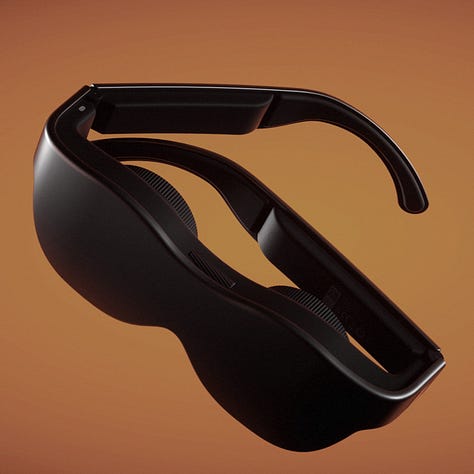
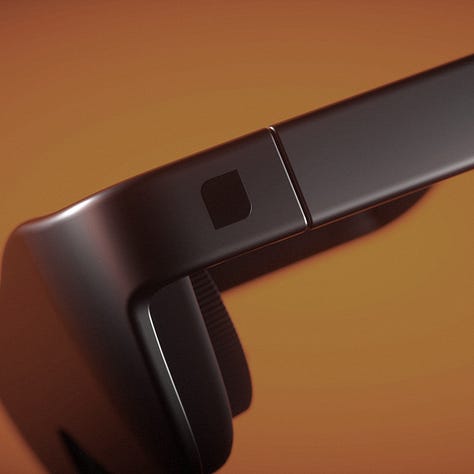
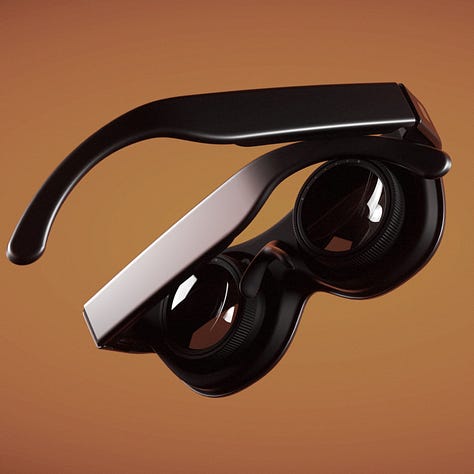
To perfect the reading experience, we anchor on a key observation: reading is a solitary act that is most enjoyable when comfortable and uninterrupted. It’s almost comical that we attempt to read on smartphones and expect to be able to focus amidst all of the notifications and distractions (even with our valiant attempts using Focus Mode). Instead of trying to deliver a single activity inside of a multi-purpose device, we’ve designed a product specifically calibrated to reading a good book.
While we continue to have conversations about where the future of personal computing goes, I hope that others will think about making devices that are truly perfect for their job. It’s a significantly better path for personal computing. Let’s build some more Jetsons tech! They even predicted what looks like the Sol Reader, just the 2062 version:
Are Books your Metaverse, too? Join our waitlist or shoot me a note at ben@solreader.com.


